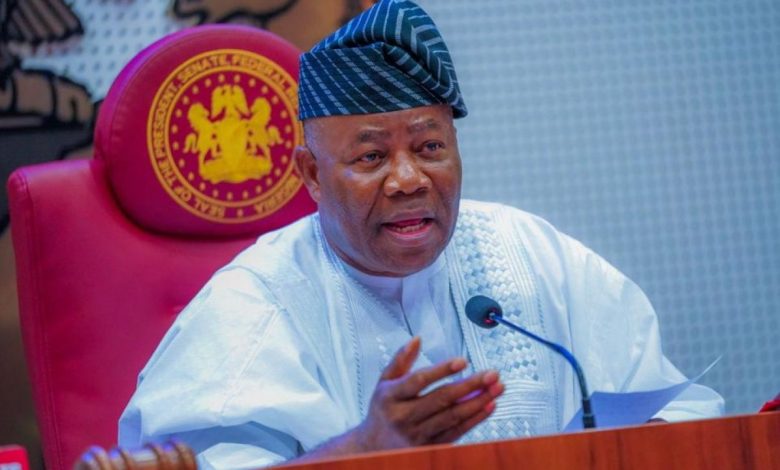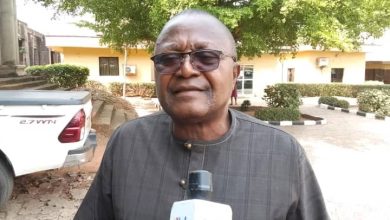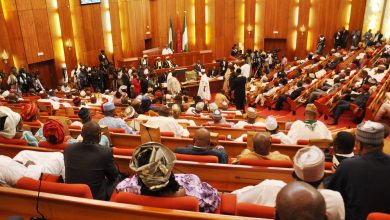Akpabio: No Raw Materials Should Be Exported Without 30% Value Addition

The National Assembly has promised to support the Senate President Godswill Akpabio in enacting legislation requiring at least 30% local value addition before any raw materials may be exported from Nigeria.
Nnanyelugo Martin Ike-Muonso, the Director-General of the Raw Materials Research and Development Council (RMRDC), was among the officials Akpabio hosted at his Abuja office on Wednesday when he made the declaration.
The Senate President said in a press release issued by Jackson Udom, his special assistant on media, that the proposed change to the RMRDC Act is not only crucial to Nigeria’s economic development but also serves as “a moral compass” that other African countries might use as a reference.
Akpabio stated, “We would have had at least a factory for those chains that would have also created jobs for our people outside of what the farmers are doing if any of the values were added in Nigeria before exporting them.”
“Innovations would have also been a result of technological shifts.”
Akpabio underlined how crucial it is to match Nigeria’s drive for R&D with legislative support in order to strengthen value chains across all industries.
“It is very regrettable that even though we grow cocoa in Nigeria, we ultimately import the same cocoa products from other countries at a higher cost and without any inputs,” he continued.
The Gap in Solid Minerals and Raw Materials
In addition to praising Senate Deputy Chief Whip Senator Onyekachi Nwebonyi for introducing the amendment bill, Akpabio highlighted the solid minerals sector, which is one of the most severely impacted by the absence of value addition.
He claimed that the solid mineral industry was the most pitiful as no value was being added before it was sold.
“As a result, it is sold at a very low price, and if you look at it all together, you will realize that, in terms of identifying and utilizing the potential within its area, African development in 2025 is still in a primitive form.
“Ignorance alone is making poverty really bite harder.”
Akpabio urged the council to launch a community-based initiative to inform Nigerians—particularly the younger generation of students—about the value and commercial potential of solid minerals and raw materials.
“In order for Nigerians and secondary school students to recognize solid minerals and raw materials wherever they come across them,” he stated.
Read Also: Troops Eliminate Two Bandits, Recover 1,000 Stolen Cows in Taraba
“This can’t go on much longer. If the measure is passed and signed into law by the president, Nigeria will have taken the initiative to guarantee that any raw material exported from the nation has at least 30% added value.
The Hope of RMRDC
Ahead of the meeting, RMRDC Director-General Ike-Muonso thanked everyone and said he hoped the National Assembly would support the law to boost Nigeria’s industrial base.
The amendment to the Raw Materials Research and Development Council’s Act, which aims to prevent the export of raw materials without at least 30% value-added, is the reform that worries us the most, he said, despite the fact that we have seen other reforms like the Tax Administration Bills.
Since Nigeria is a continent leader, it is undoubtedly the bill that would transform the course of this nation and Africa.
The Senate President was also invited to the Africa Raw Materials Summit, which is scheduled for later this month.





